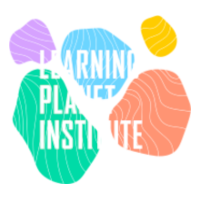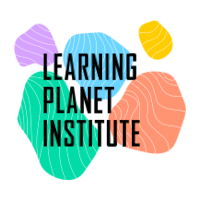By Pavel Luksha & François Taddei
Universities stand at a critical juncture amid accelerating global challenges, collectively known as the polycrisis. Despite a centuries-long history of resilience and adaptation, the traditional university model—shaped by Enlightenment ideals and embedded in modern industrial paradigms—now faces a convergence of disruptions that threaten its core missions of education, research, and societal development. These include intensifying pressures to provide more relevant and agile learning, the ascendancy of advanced technologies such as AI that outpace conventional research & learning infrastructures, and growing skepticism about academia’s ability to address urgent planetary and social crises.
This Manifesto proposes a Planetary Mission for universities: an evolution from knowledge gatekeepers to bridge-builders that orchestrate transdisciplinary solutions, steward the global commons, and nurture inclusive models of learning and governance. We argue that universities must embrace an ethos of “weaving,” fostering ecosystems that integrate multiple forms of intelligence (human, artificial, and beyond), connect intergenerational perspectives, and nurture ethical leadership across global networks. The rise of artificial general intelligence and the ongoing erosion of social trust underscore the urgency of a new model centered on regenerative research agendas, democratic co-creation, and the cultivation of care—both for individuals and for our planetary systems. While pointing out entrenched barriers—such as rigid disciplinary structures, reductive metrics, and political co-optation—we highlight emergent examples of innovative institutions already embodying the transformative potential of a planetary-centered university. The Manifesto concludes by inviting policymakers, funders, academic leaders, and learners themselves to participate in co-creating a higher education ecosystem fit for our collective future.
Confucius famously said that “we have two lives and that our second life starts when we realise we have only one”. Being aware of our finite lives may be what makes our species different. Yet our era is special as well as we are becoming aware of that our civilization and even our species have also entered their second life after Hiroshima and Nagasaki, an awareness that is growing as we keep inventing ways that threaten our very survival and as multiple crises escalate into what is now called the polycrisis. We believe that Universities are also entering their second life as some of them are already forced to close and as they face ever more challenges that could threaten them if they were not able to evolve.
Read and/or download the full article






